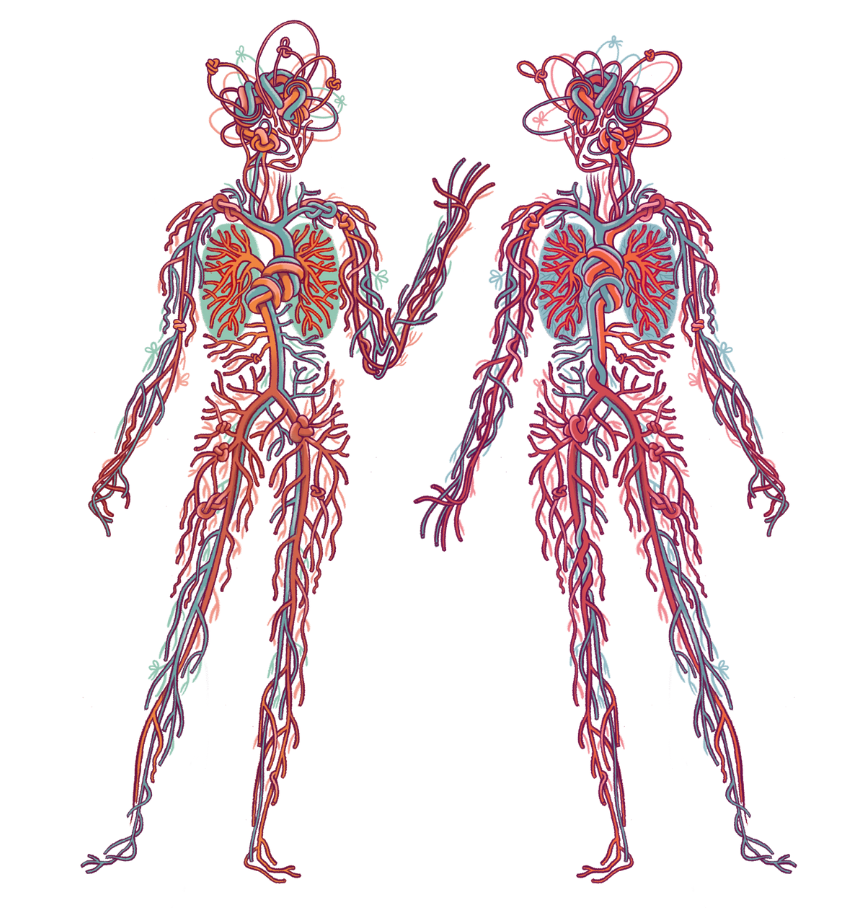How to improve focus as you age: sleep, recovery & your nervous system
If you've been beating yourself up lately because you can't focus “like you used to”… read this: Deep focus isn’t something you force. It’s something you protect. Now, what do I mean by that? It means prioritising sleep, building recovery into the day, and learning how to down-regulate your system instead of running it in high gear all the time. Especially as we get older… As we age, the brain doesn’t lose its ability to focus, but it does become less energetically efficient at doing so. Cognitive control tends to peak earlier in adulthood (between 27 and 36 years) and then decline. Over time, the brain becomes more conservative with how it spends its resources. So if you’re like me and you’re past that peak, don’t panic! This doesn’t mean a loss of intelligence, creativity, or depth. In fact, many higher-order skills improve with age. (I do genuinely feel wiser with a richer internal life than I did in my 20s 😉) It simply means that brute-force strategies that used to work (long hours, constant pressure, pushing through fatigue) now come with a much higher energy cost. [caption id="" align="alignnone" width="407"] Image source: [Authors], “Li, Z., Petersen, I. T., Wang, L., Radua, J., Yang, G., & Liu, X. (2025). The...
